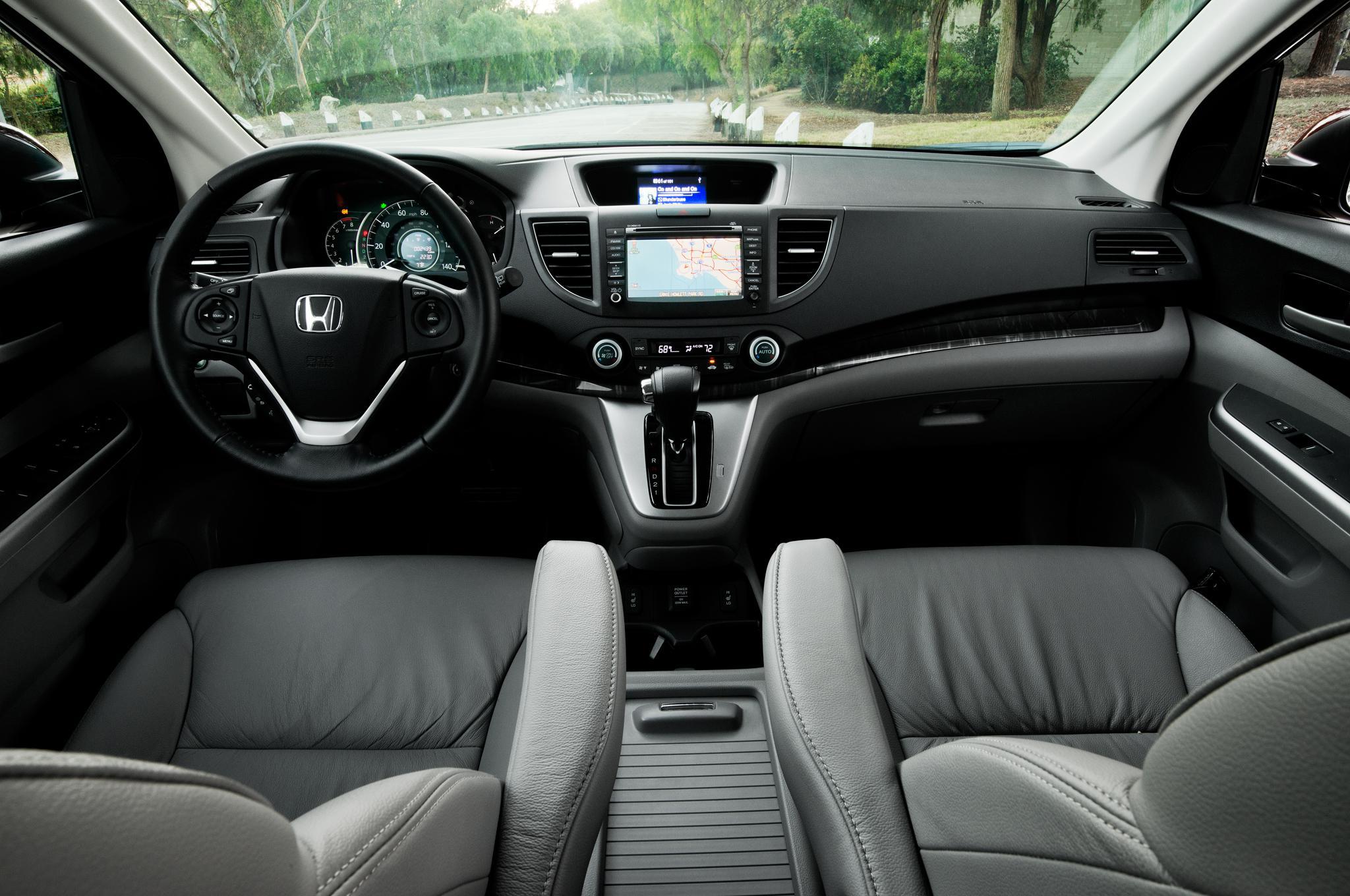
The Straits Times
Fresh entry charge for foreign cars from Feb 15
The fresh fee will be collected with the entry permit and toll charges for the two crossings, which can amount to as much as $41.50. ST PHOTO: JONATHAN CHOO
Amount mirrors Malaysia’s fee and applies at Tuas and Woodlands checkpoints, says LTA
Foreign cars injecting Singapore will be levied a fresh entry charge from Feb 15, in line with earlier government pronouncements that the Republic will match similar fees implemented by Malaysia.
In an announcement yesterday, the Land Transport Authority said a reciprocal road charge of $6.40 per entry will apply at both the Tuas and Woodlands checkpoints. It said the fee mirrors Malaysia’s road charge of RM20 (S$6.40) for non-Malaysia registered cars injecting Johor that was implemented on Nov one last year.
On Jan 9, Coordinating Minister for Infrastructure and Minister for Transport Khaw Boon Wan told Parliament that Singapore intends to match Malaysia’s road charge.
He pointed out that Malaysia collected about RM13.93 million in road charges from Singapore vehicles in the seven weeks from Nov 1.
Singapore’s reciprocal charge will be collected with the vehicle entry permit (VEP) and toll charges for the two crossings, which can amount to as much as $41.50 for cars. During Electronic Road Pricing (ERP) hours, foreign cars without an in-vehicle unit are also levied a immobilized ERP charge of $Five a day.
39-34237495.6_40862364_-_13_12_2016_-_satpix11.jpg
We are not discriminating against Singaporean cars, says Malaysian Transport Minister in response to fresh road charge
VEP does not apply on weekends, public holidays and after 5pm to before 2am on weekdays.
The fresh charge translates to a cost increase of at least fourteen per cent for Malaysian drivers coming in Singapore. However, housewife Noraini Mokhtar, 48, said it is unlikely to make a thick dent on cross- border commutes. “If you have to go, you have to go,” she said.
The Johor Baru resident, who said she comes to Singapore about once every fortnight to lodge individual matters, noted that the fresh charge will not affect her much.
But Malaysian businessman Prasad Natyala, 64, who has an office in Singapore, said: “Both governments have done nothing to improve traffic flow at the crossings – you can get stuck at the Causeway for two to three hours – yet they want to charge ordinary citizens who contribute to the economies of both countries more.”
Mr Natyala, who lives in Johor Baru and commutes to Singapore two to four times a week, added: “I hope they will come to their senses.”
However, SIM University economist Walter Theseira said Singapore’s reciprocal charge should be seen as “encouraging the Malaysian authority to bear in mind the consequences of its deeds on its own citizens” when it introduces any foreign levy. “As a sovereign state, we have to take a stand,” he said. “We must not be seen as an effortless source of revenue.”
Veteran transport consultant Bruno Wildermuth, however, said “Malaysia had every right to make Singaporeans share in the cost of using its infrastructure”.
“We (Singapore) have been charging them (Malaysians) for more than twenty five years for using ours. Why should we get a free rail?”